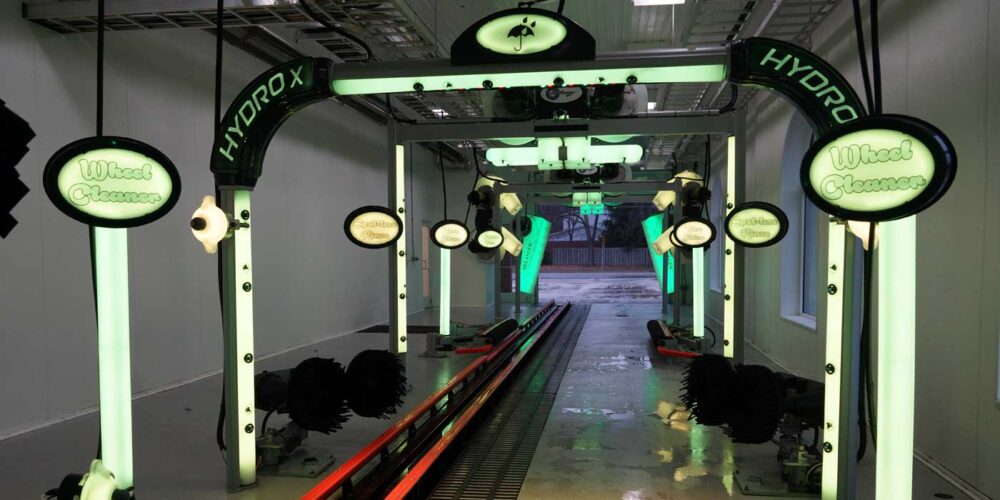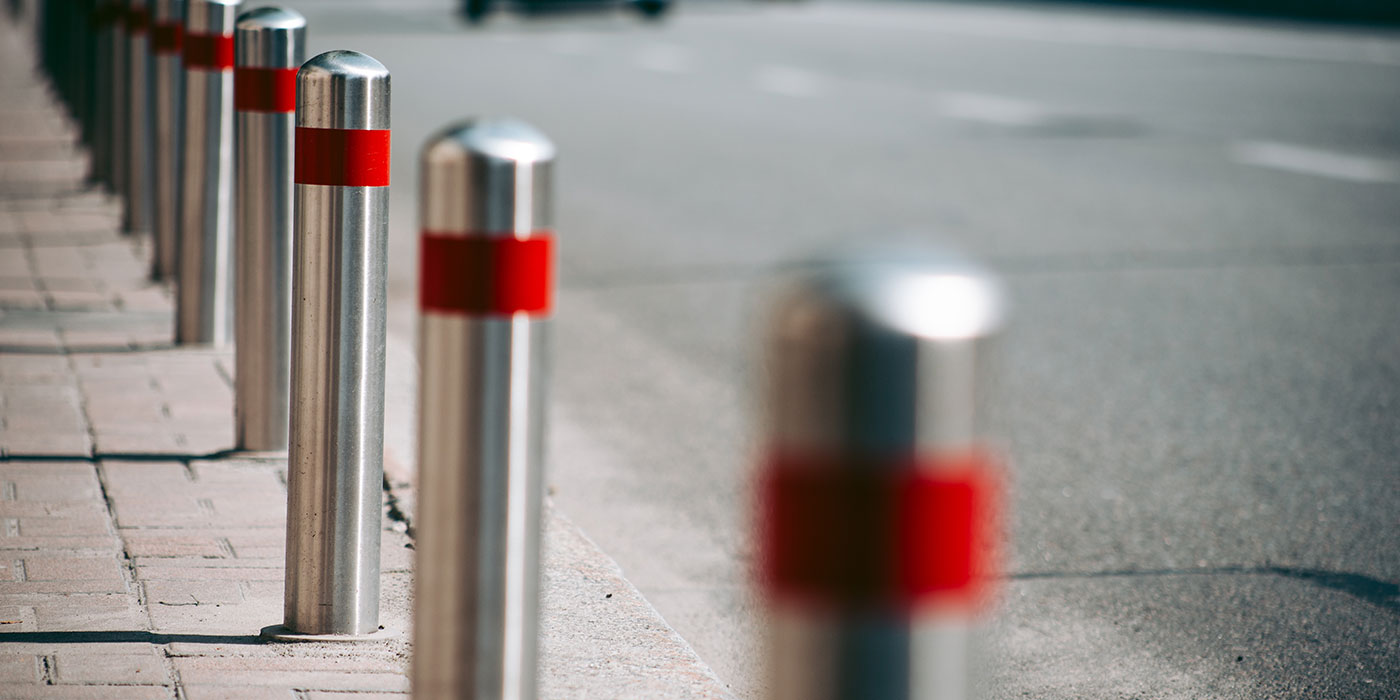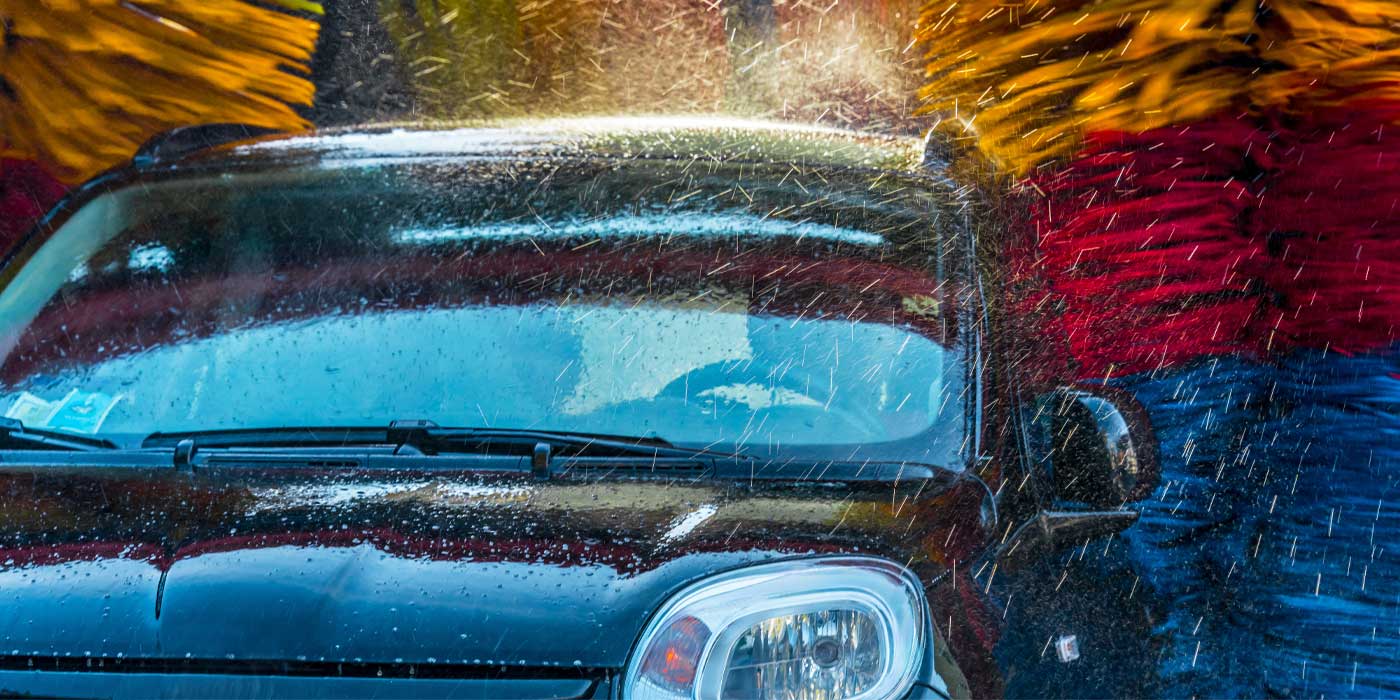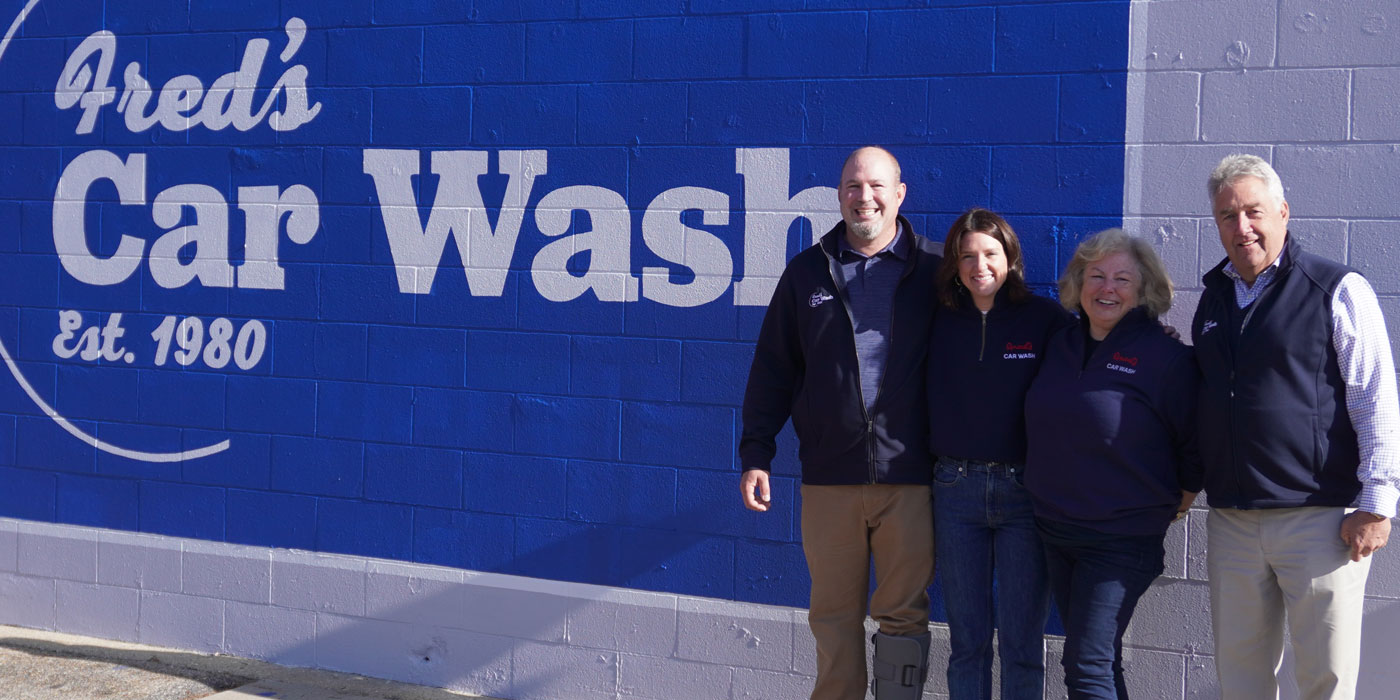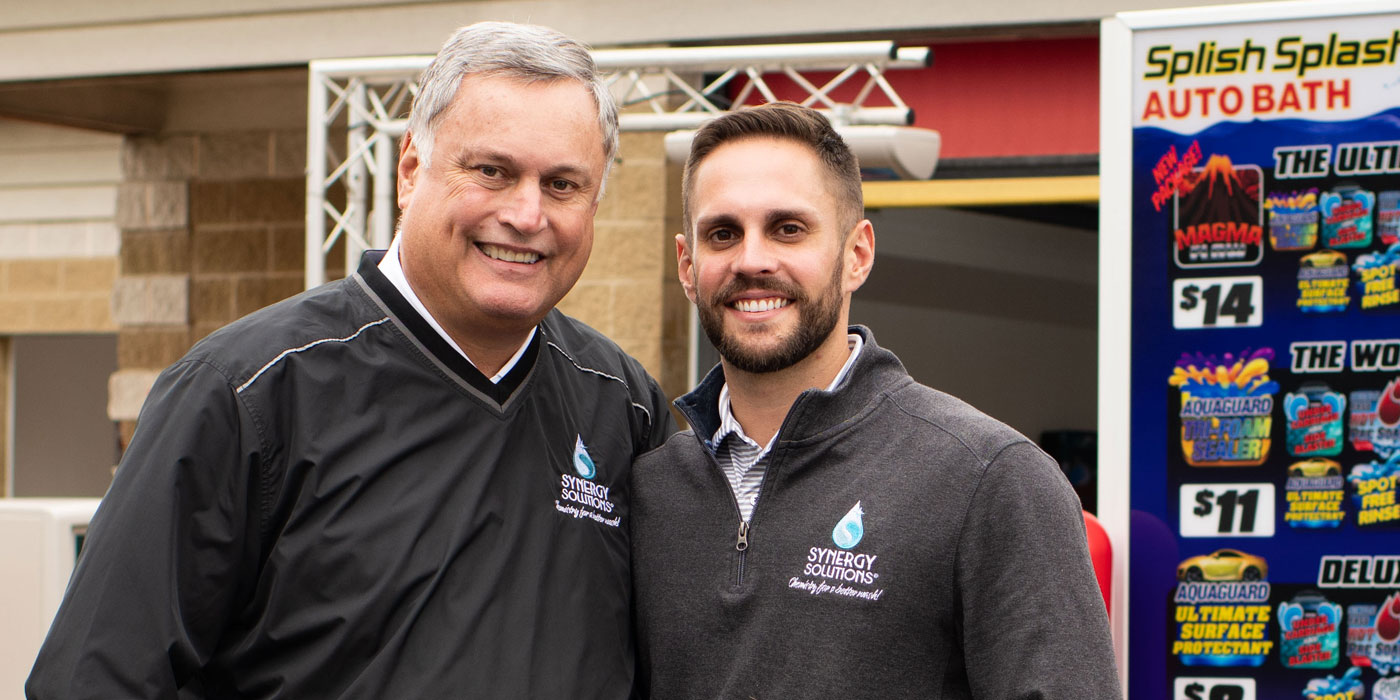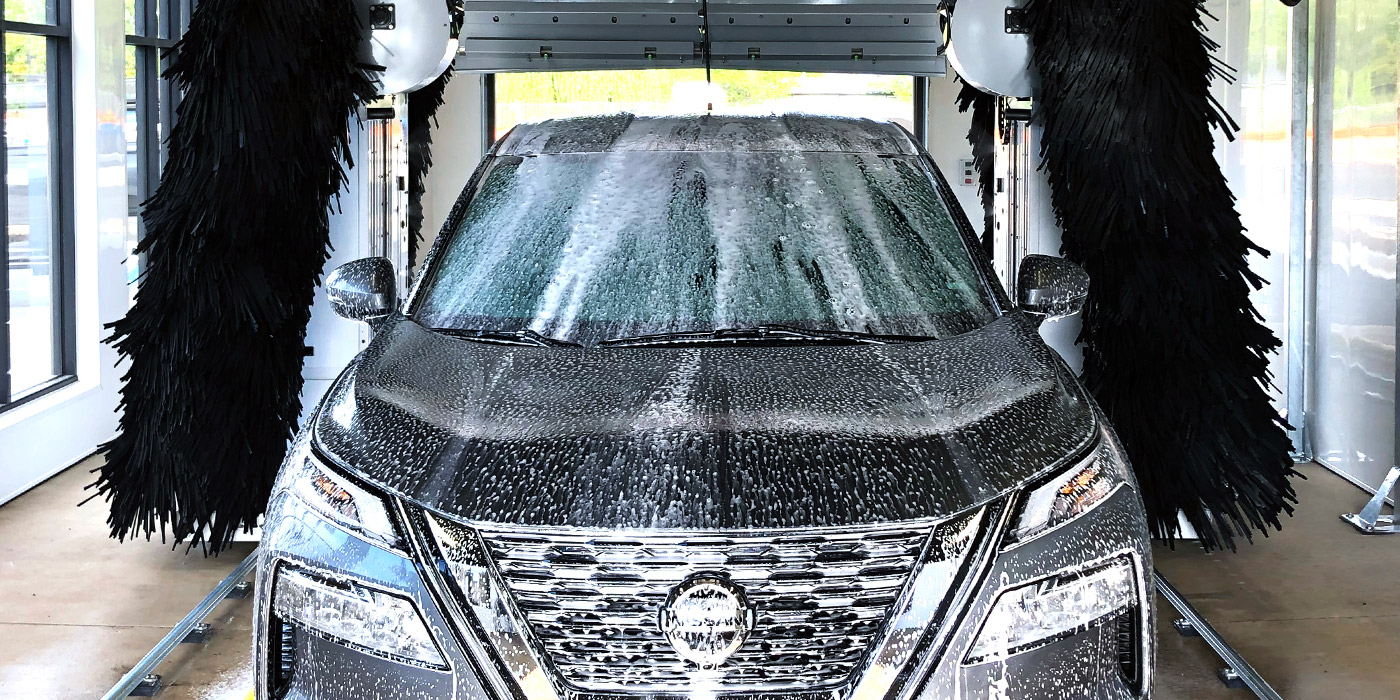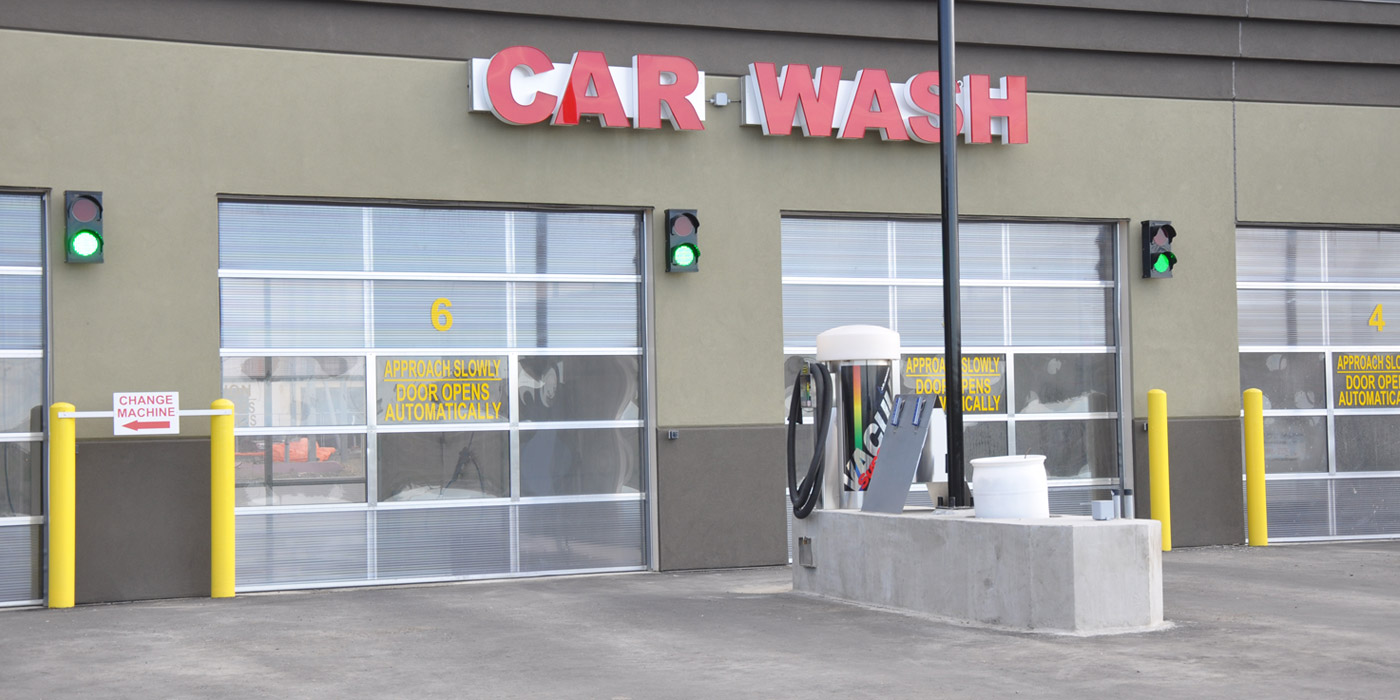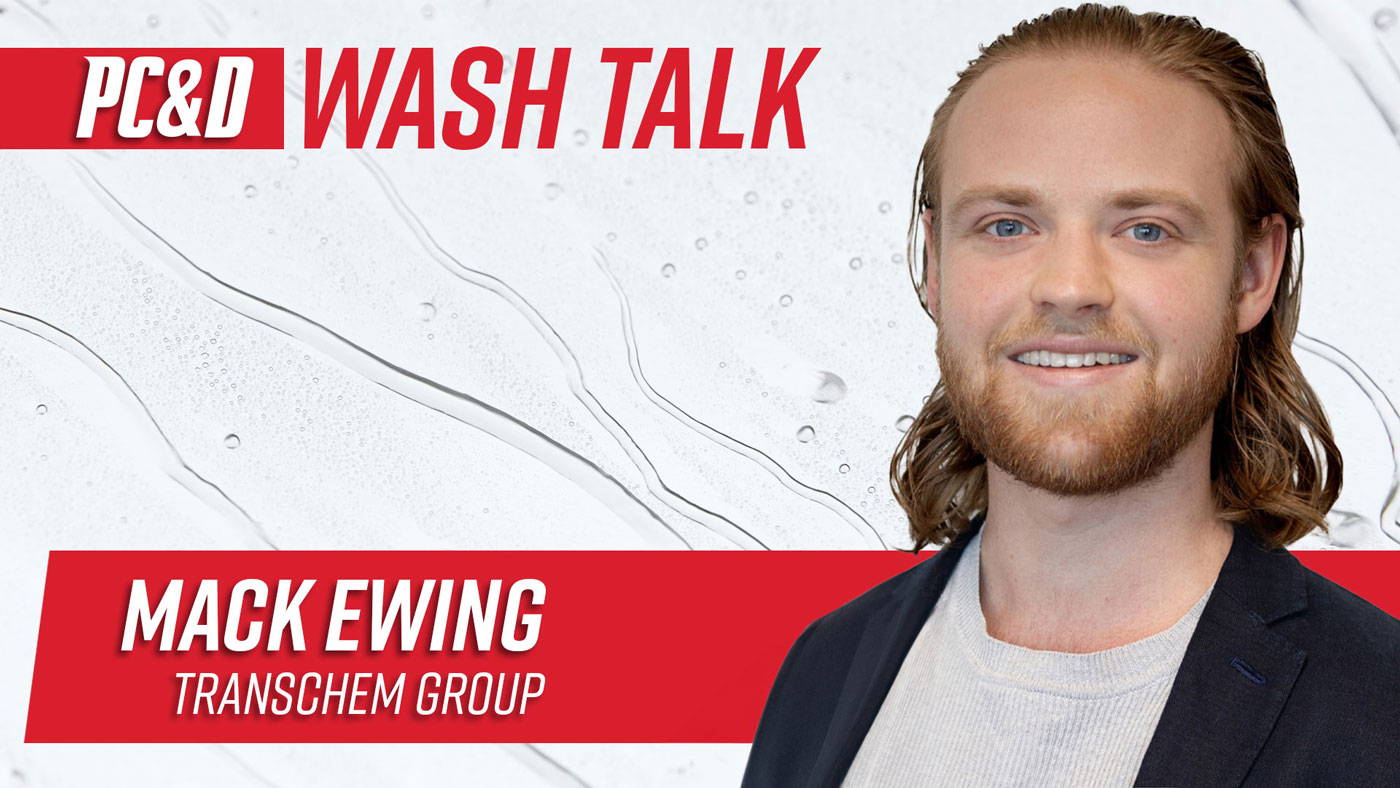Clean vehicles are not going out of style any time soon. As the supply chain rebounds, more vehicles are entering the fray, which is expected to increase the demand for carwash services now and well into the future.
A new report from Transparency Market Research notes that the global carwash market will continue to grow substantially, which will put more vehicles on the road and into the hands of owners. But owners are also understanding the importance of keeping their vehicles in prime condition for longevity and resale value, according to the report.
Those factors will push steady growth in the carwash market, according to the report, and thus current and future carwash owners have plenty of factors to consider. Among them is the decision on what type of carwash will help them achieve their goals — in-bay automatic or tunnel.
Both options leave operators with plenty to consider, especially when maximizing the customer experience and financial returns.
A closer look
In-bay automatic carwashes house all the cleaning equipment in a single, compact structure, known as a bay. The vehicle pulls into the bay and remains stationary while the wash machinery shifts and rotates around it to provide varying amounts of cleaning solutions, depending on the options the customer preselected. In-bays can either use touchless or soft-touch (cloths or brushes) wash solutions.
Tunnel carwashes are elongated structures that pull a vehicle along a conveyor or belt system. Different pieces of machinery are stationed along the tunnel and dispense cleaning solutions based on what the customer preselects.
Both options achieve the same end goals: a clean vehicle and a satisfied customer. The difference is in the details.
The finer details
Footprint is an important consideration for operators when selecting a carwash. If space is an issue, in-bays work well as they feature a smaller, modular footprint compared with tunnel carwashes. The smaller footprint makes it easier to establish an in-bay carwash on an existing or new site with space limitations. In terms of existing sites, in-bays can also be retrofitted seamlessly into an old repair bay or added onto an existing convenience store.
Tunnel carwashes don’t have this type of flexibility regarding footprint. This larger footprint option, however, provides benefits in terms of increasing throughput. While in-bay carwashes can only serve one car at a time during a multiple-minute interval, tunnel carwashes can clean several vehicles within the same timeframe.
Still, that’s not to say that one carwash option is more efficient than the other. Both options are efficient for different reasons. As stated earlier, tunnel carwashes can handle a larger volume of vehicles in a given timeframe than in-bay washes can, however, they require more capital to initiate and operate, as well as a dedicated staff.
In-bay washes are a lower cost of ownership option, typically using less water, electricity, and wash detergents and waxes than their tunnel counterparts. The smaller footprint plays a major role in this as it does not have the same water, electricity and detergent demands as tunnel options. Additionally, in-bay washes can operate continuously without a wash attendant, meaning customers can access them at any time. Tunnel washes are restricted by their hours of operation.
Another cost consideration is staff. In-bay washes do not require attendants, allowing customers to make their selections, pay and go through the wash without human intervention. In-bay operators also do not have to worry about the added responsibility of managing their staff, which includes crafting their schedules and adjusting when employees are unable to work or do not show up for their shift.
Tunnel washes, however, need staff to function, sometimes as high as seven or more employees. Operators of tunnel washes must have oversight of their staff, as well as pay them accordingly. While tunnel washes have the benefit of speed compared to in-bay washes, that benefit comes at a cost.
Shared benefits
Despite the varying advantages of in-bay and tunnel carwashes, they share several benefits that suit operators well regardless of the one they select. Both options allow operators to equip them with varying wash levels, ranging from a basic wash with a single detergent to a premium option that uses multiple detergents, wax, repellent and even wheel cleaners.
These additional detergents, waxes, repellents and tire shine features cost less than a dollar per wash but allow operators to charge $2 or more. These revenue enhancements provide the customer with an improved and memorable wash experience and give the operator a better return on their investment.
The equipment can also be customized to the operator’s preference for in-bay and tunnel systems. Tunnels can be equipped with an array of soft-touch and touchless technology, giving customers a blend of both. In-bays generally side with one of those technologies, each of which have their own share of benefits.
For example, soft-touch benefits include high throughput rates, upsell opportunities for an enhanced wash experience and the use of variable frequency drives, which are more reliable than hydraulic systems or programmable logic controllers and lead to less maintenance and downtime costs. On the touchless side, benefits include additional vehicle protection as no machinery comes in contact with the car, few mechanical components, continuous operation (even in colder climates) and lower cost of ownership.
With the carwash market expected to grow substantially in the coming years, current and future operators can cement their place and legacy in this thriving landscape. To be successful, operators have to offer their customers a wash experience that will keep them coming back time and time again. Depending on their needs, operators cannot go wrong by choosing an in-bay or tunnel system. Both options provide the framework for a successful wash experience that will last during the projected forthcoming growth and beyond.
Mark Tentis is the senior vice president for global sales and services of OPW Vehicle Wash Solutions. He can be reached at [email protected]. OPW Vehicle Wash Solutions consists of PDQ Manufacturing Inc., Belanger Inc., Innovative Control Systems (ICS) and Kesseltronics. PDQ is a preeminent provider of in-bay automatic wash systems and payment terminals, while Belanger is an innovative leader in soft-touch tunnel and in-bay automatic wash systems. ICS provides industry-leading carwash technology, like payment terminals, process controls, and software management and automation systems, and Kesseltronics designs machine controls for successful tunnel wash operation. For more information on OPW Vehicle Wash Solutions, please visit opwvws.com.

